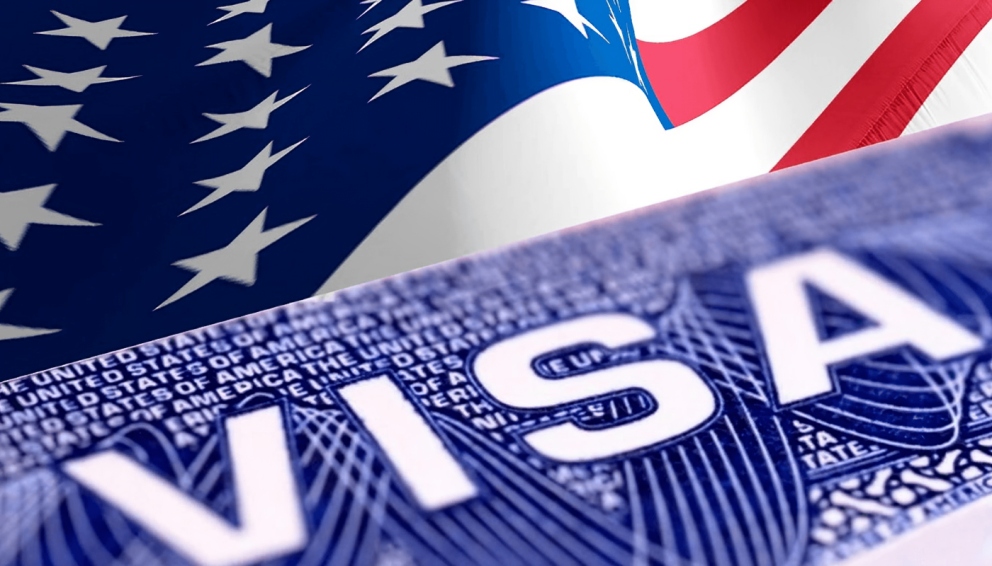
Government & Regulations
U.S. tightens visa rules starting September 2: what you need to know
As of today, September 4, 2025, the United States has significantly revised its non-immigrant visa procedures, ending long-standing exemptions and introducing new fees and stricter screening measures that will impact students, professionals, tourists, and families alike.
A key shift involves the termination of the “drop box” or Interview Waiver Program (IWP) for many nationalities. Under this change, applicants from 57 countries, including Afghanistan, Bhutan, Cuba, Egypt, Haiti, Iran, Myanmar, Venezuela, and Zimbabwe, must now appear in person at a U.S. embassy or consulate for visa interviews. This applies even to those who previously qualified for automatic renewals or document-only submissions.
Experts warn that this policy will likely lead to longer wait times, with more individuals now requiring appointment slots, and embassies and consulates may experience backlogs and prolonged processing delays.
This rule is part of a broader overhaul of the visa system, including a new $250 “visa integrity fee” to be charged to many non-immigrant visa applicants, funded by the “One Big Beautiful Bill Act.” While raised as a measure to enhance screening and compliance, critics argue it will drive up costs and deter travel.
Other notable changes include:
- I-94 fee increase: travelers arriving by land or under the Visa Waiver Program (VWP) will see the I-94 form fee raised from $6 to $30.
- ESTA fee hike: VWP users will see the ESTA (Electronic System for Travel Authorization) fee almost double, from $21 to $40.
- Enhanced vetting: heightened scrutiny now includes expanded document checks and review of applicants’ social media.
- Fixed stay policies proposed: the previous "duration of status" system for F-1 students, J-1 exchange visitors, and media visa (I) holders may be replaced with fixed admission periods, necessitating extension applications to prolong stays.
- B visa bond pilot: applicants from certain countries (like Malawi and Zambia) may be required to post bonds ranging from $5,000 to $15,000, refundable upon compliance with visa conditions.
What This Means for Applicants:
These sweeping changes mark a return to prepandemic visa protocols, with stricter entry controls, higher costs, and more in-person requirements. International students, professionals, frequent travelers, and even seniors and minors (who were once exempt) must now plan for longer processing times and potential added expenses.
Applicants are strongly advised to schedule interviews well in advance and monitor embassy updates carefully. Those with urgent needs, medical, educational, or humanitarian, may request expedited slots but must follow embassy-specific procedures.